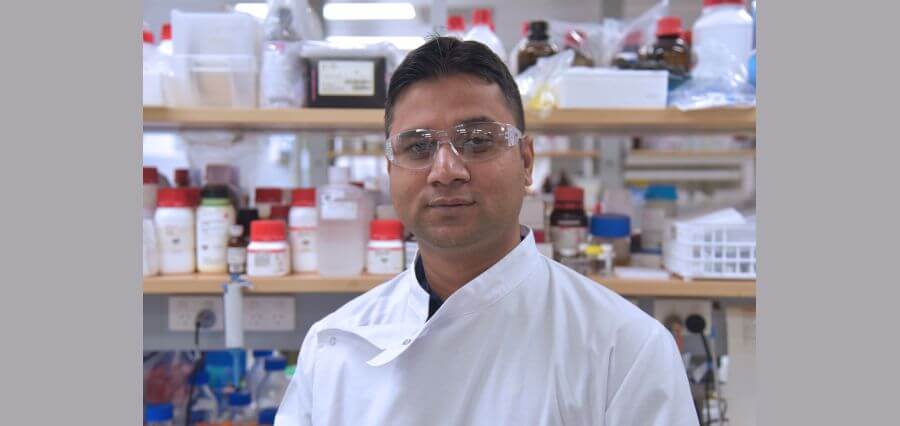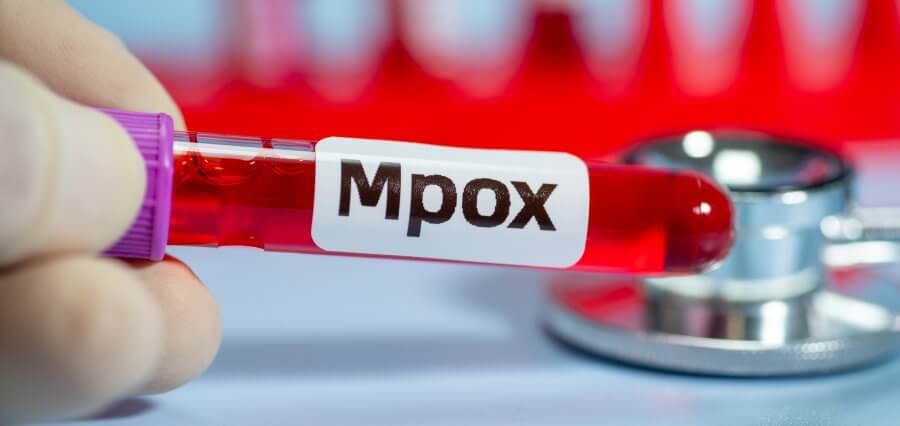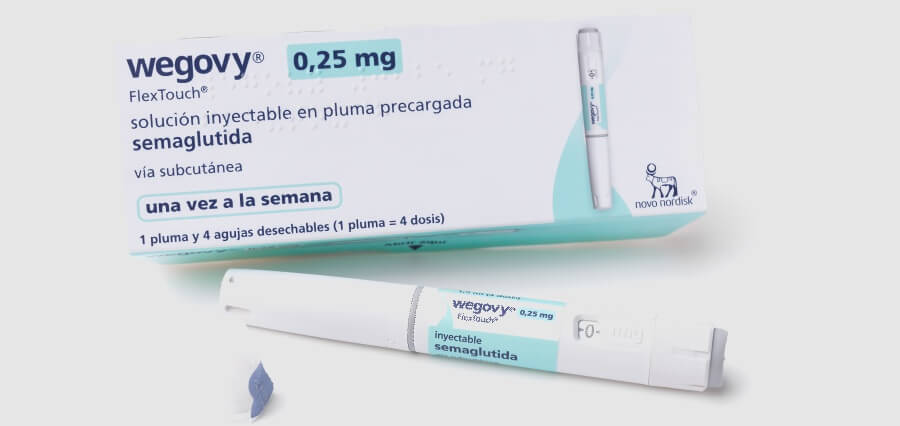Researchers at the Australian Institute for Bioengineering and Nanotechnology (AIBN) are hoping to turn the tide against ovarian cancer, a disease that claims the lives of 1000 women every year and is notoriously difficult to spot. Dr. Mostafa Kamal Masud, a nanodiagnostics specialist at AIBN, has been awarded a $750,000 Next Generation Cancer Research Fellowship from Cancer Council Queensland. Over the next five years, he will use this fellowship to develop a low-cost, benchtop device that can detect the earliest indicators of ovarian cancer in a patient’s blood and precisely monitor the disease’s progress during treatment.
Detecting ovarian cancer early is crucial but extremely challenging, as symptoms are often vague and resemble other illnesses, while current screening tests are ineffective. Consequently, of the approximately 1800 Australian women diagnosed each year, 70 percent have already reached an advanced stage of cancer.
Dr. Masud aims to improve these odds with sensor technology that can steer patients towards preventative care options at the earliest possible opportunity. “The testing methods for ovarian cancer that do exist are quite expensive and tedious, which makes screening very tricky,” he said. “And of course, the longer something like this is left undiagnosed, the more serious the problem becomes. That is why many people diagnosed with ovarian cancer have already reached a point where it has spread to other parts of their body.”
Through his five-year fellowship, awarded through the National Health and Medical Research Council’s Investigator scheme, Dr. Masud will develop novel mesoporous nanostructures capable of automatically isolating, purifying, and simultaneously detecting cancer biomarkers in a patient’s blood.
Dr. Masud’s biosensor technology will be designed as a compact, portable, and user-friendly device that can be operated out of a GP’s office. This will make it suitable for communities that might not have access to the technicians and equipment usually required to amplify cancer biomarkers and interpret the data.
“Whether someone has access to cancer testing should not be determined by their postcode or whether they have a certain amount of money,” he said. “Therefore, we are designing a cost-effective device that collects all the information and processes it on the spot, with results available within two hours.”
The ovarian cancer biosensor project is an extension of the wider research Dr. Masud has carried out at the AIBN under the guidance of senior group leader Professor Yusuke Yamauchi, a world-renowned nanoarchitect and ARC Laureate. The project holds personal significance for Dr. Masud, following the untimely loss of his aunt to ovarian cancer and his grandmother to colon cancer due to late-stage detection.
Read More: Click Here





